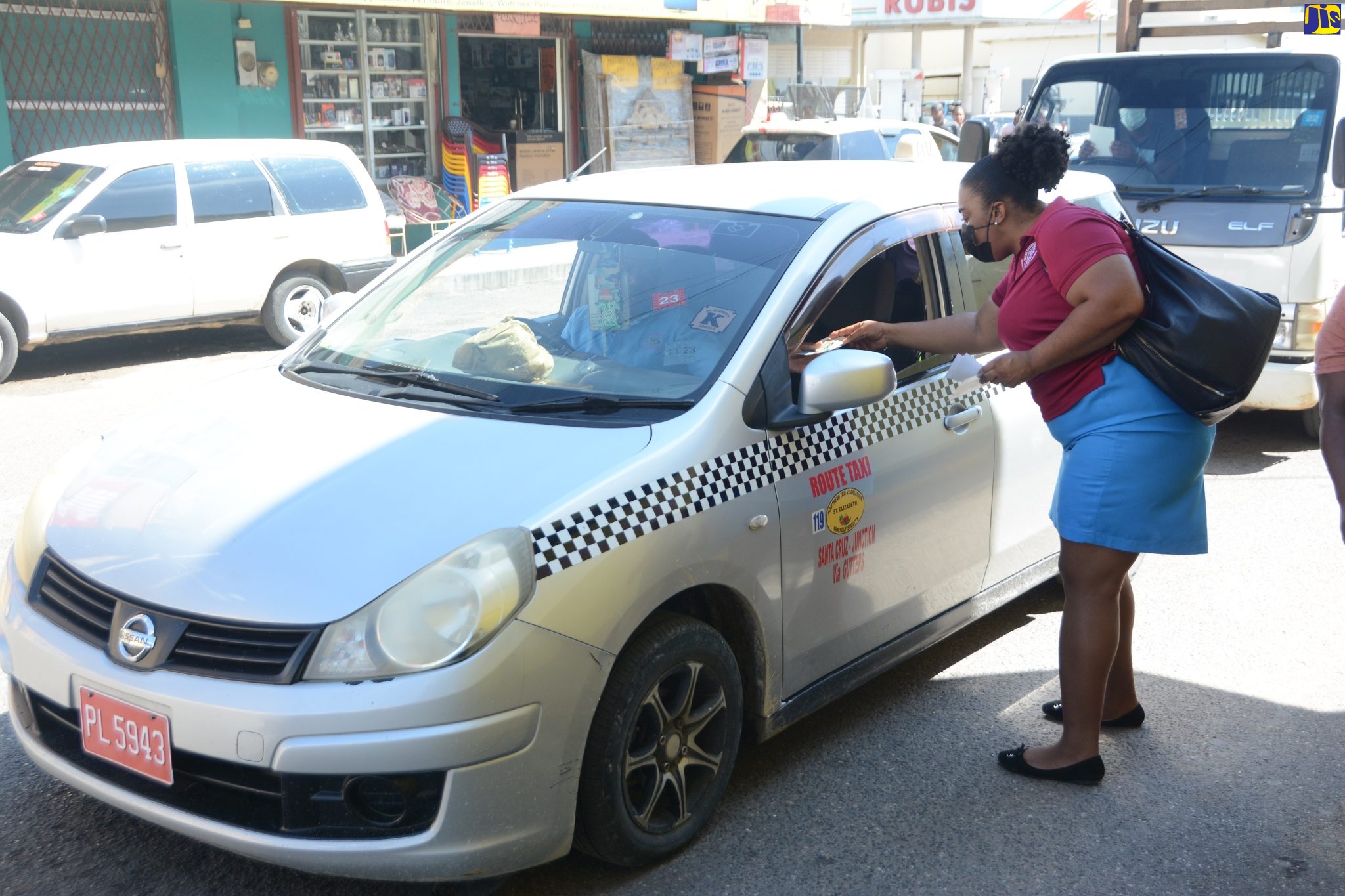SRHA Teams Embark on Monkeypox Sensitisation Campaign
By: , September 16, 2022The Full Story
Teams from the Southern Regional Health Authority (SRHA) have embarked on a major sensitisation drive, to raise public awareness about Monkeypox.
The initiative, which began on Tuesday (September 13), forms part of an islandwide campaign to distribute educational material and engage persons in major cities and towns islandwide about the viral disease. To date, nine cases of Monkeypox have been recorded in Jamaica.
Members of the SRHA’s teams visited the towns of Junction and Santa Cruz in St. Elizabeth as well as Christiana and Mandeville in Manchester.
They were also in the towns of Chapelton, Spaldings, and Frankfield, and parish capital, May Pen, in Clarendon.
Over in St. Elizabeth, a 14-member team was deployed in Santa Cruz, while a 12-member team was in Junction.
They handed out approximately 8,000 flyers to commuters at the transportation centres, in addition to passersby.
The teams comprised community health aides, behaviour change communication officers, and community peer educators.
Medical Officer of Health, St. Elizabeth Health Services, Dr. Tonia Dawkins-Beharie, emphasised the importance of Jamaicans being aware of the risks associated with Monkeypox, and how they can best protect themselves.
“We want individuals to know about the signs and symptoms, to be vigilant and to know what to do,” she said.
“So, if they’re having signs and symptoms of Monkeypox, which include a fever, a rash that they can’t explain, swelling to the lymph nodes or wax and kernel, they need to isolate and contact us to get advice,” she added.
Dr. Beharie noted that while there is no special treatment for Monkeypox, early detection is still crucial to mitigate complications brought on by the disease.
“The basic principles for most of these diseases remain the same. Maintain your distance, wash your hands, and avoid touching your eyes. If you’re sick, then isolate at home until you get help,” she advised.
“So, we really just want to ramp up the efforts in bringing awareness to the population,” Dr. Beharie added






